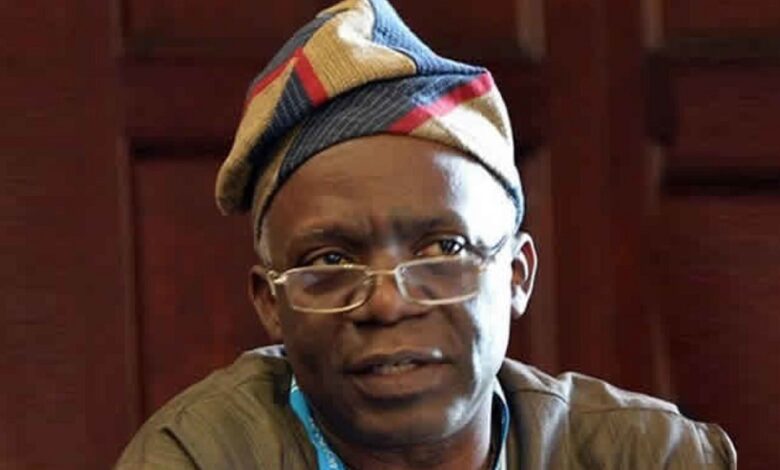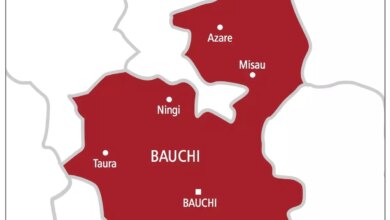‘Affront to labour law’ – Falana knocks Dangote Refinery over workers’ union rights

Human rights lawyer and Senior Advocate of Nigeria, SAN, Femi Falana, has slammed the agreement reached between the Federal Government, the Nigeria Union of Petroleum and Natural Gas Workers, NUPENG, and the management of Dangote Refinery and Petrochemicals over the unionisation of its staff, insisting that the deal contradicts existing labour laws.
Falana stated this while presenting a paper titled ‘Automatic Membership of Trade Unions for Workers’ at a national webinar on ‘Abuse of Market Dominance and Unfair Labour Practices’ organised by the Federal Competition and Consumer Protection Commission, FCCPC, in collaboration with the Faculty of Law, University of Lagos.
The webinar was convened in the wake of a strike action recently embarked upon by NUPENG, following allegations that Dangote Refinery compelled newly recruited drivers to sign undertakings not to join any existing oil and gas union.
The strike was later suspended after the State Security Service brokered a truce.
According to the resolution, unionisation would be allowed “for employees who are willing to unionise” within two weeks, and the company would not create a rival union.
But Falana, in his paper, argued that this arrangement was inconsistent with the Trade Union Act.
“As far as the law is concerned, employees of Dangote Refinery and Petrochemicals are deemed to be members of NUPENG. The question of allowing only those willing to unionise to do so within two weeks is completely at variance with the Trade Union Act,” he said.
Falana cited multiple judicial authorities, including Nestoil v NUPENG (2012) and Eyiaromi Oladele v Attorney General, Lagos State (2017), to establish that junior workers are presumed to be automatic members of trade unions unless they formally opt out in writing. Senior staff, however, must expressly opt in.
He further maintained that employers lack the legal authority to interfere in the internal affairs of trade unions or determine membership procedures.
He referenced past rulings of the National Industrial Court and the Court of Appeal affirming that once a trade union is duly registered, employers are duty-bound to recognise it, allow unrestrained access to workers, and remit check-off dues.
Falana also criticised the notion that compulsory membership for junior workers is unconstitutional, noting that professions such as law and medicine already operate under similar structures where new entrants automatically become members of their associations.
Responding to claims that powerful unions undermine free-market principles, he countered that robust trade unionism exists in advanced capitalist economies like the United Kingdom, United States, and Japan.
The lawyer added that multinational companies, including Nigeria LNG Limited, recognise both NUPENG and the Petroleum and Natural Gas Senior Staff Association of Nigeria, PENGASSAN, without undermining their operations.
He concluded by urging vigilance from both NUPENG and PENGASSAN, stressing that union rights are fundamental under the Nigerian Constitution, the Trade Union Act, and international labour conventions.





